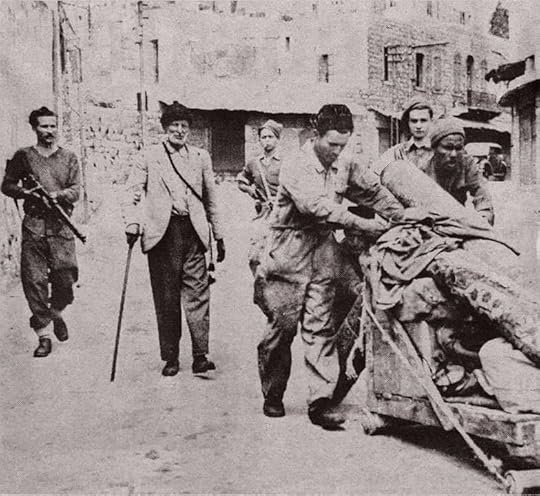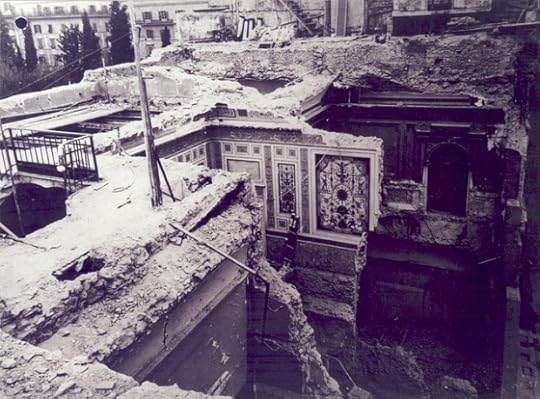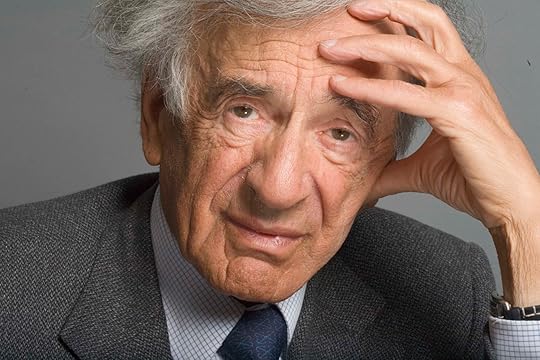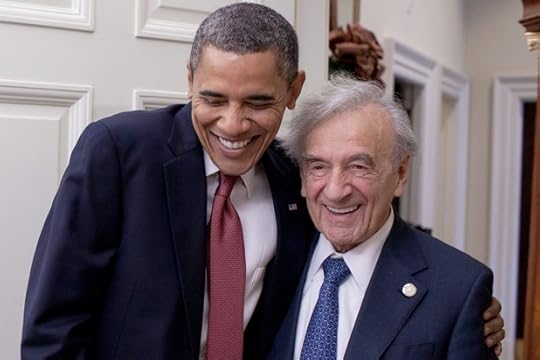What do you think?
Rate this book


81 pages, Paperback
First published January 1, 1960





How are we ever to disarm evil and abolish death as a means to an end? How are we ever to break the cycle of violence and rage? Can terror coexist with justice? Can hate engender anything but hate?The short novel, less than eighty pages, is a first person narrative of Elisha, an eighteen year old Jewish boy, survivor of the death camps, who has been recruited to Palestine to fight in a terrorist organization, whose aim is to force the British out, as a step towards the creation of the Zionist state.

The study of philosophy attracted me because I wanted to understand the meaning of the events of which I had been the victim. In the concentration camp, I had cried out in sorrow & anger against God & also against man, who seemed only to have inherited the cruelty of his creator. I was anxious to re-evaluate my revolt in an atmosphere of detachment, to view it in terms of the present. Where is God to be found? Is it in suffering or in rebellion? When is man most truly a man--when he submits or when he refuses? Does suffering lead him to purification or to bestiality?But as the would-be executioner standing in the cell, considers the sitting man he is about to murder, he has doubts about his role. "Was God present somewhere in the room?" And is the lack of hate between executioner & John Dawson, somehow a sign of God? When Elisha comments that he is named after a disciple of Elijah, someone who restored life to a little boy by breathing into his mouth, Dawson smiles & comments "you're doing the opposite".
The night lifted, leaving behind a grayish light the color of stagnant water. Soon, there was the tattered fragment of darkness, hanging in midair. Fear caught my throat. The tattered fragment of darkness had a face. Looking at it, I understood the reason for my fear. The face was my own.For me, Elie Wiesel's Dawn raises the issue not of the "banality of evil", to borrow Hannah Arendt's phrasing but rather, the ambiguity of evil as well perhaps as the ambiguity of goodness. Can a good man commit an evil act & still be a good man?? With thoughts of Elie Wiesel, with whom he shared a long dialogue, Francois Mauriac comments in his excellent preface to The Night Trilogy:
Have we ever thought about the consequence of a horror that, though less apparent, less striking than the other outrages, is yet the worst of all to those who have faith--the death of God in the soul of a child who suddenly discovers absolute evil.

"How are we ever to disarm evil and abolish death as a means to an end? How are we ever to break the cycle of violence and rage? Can terror coexist with justice? Does murder call for murder, despair for revenge? Can hate engender anything but hate?"